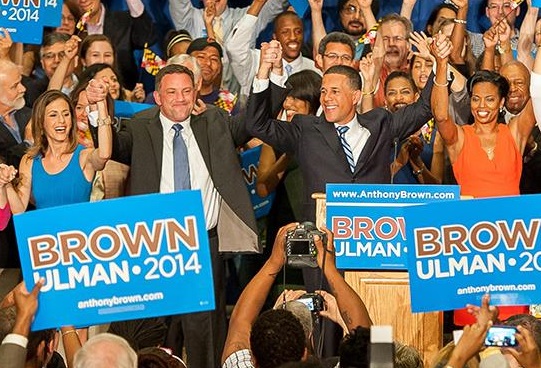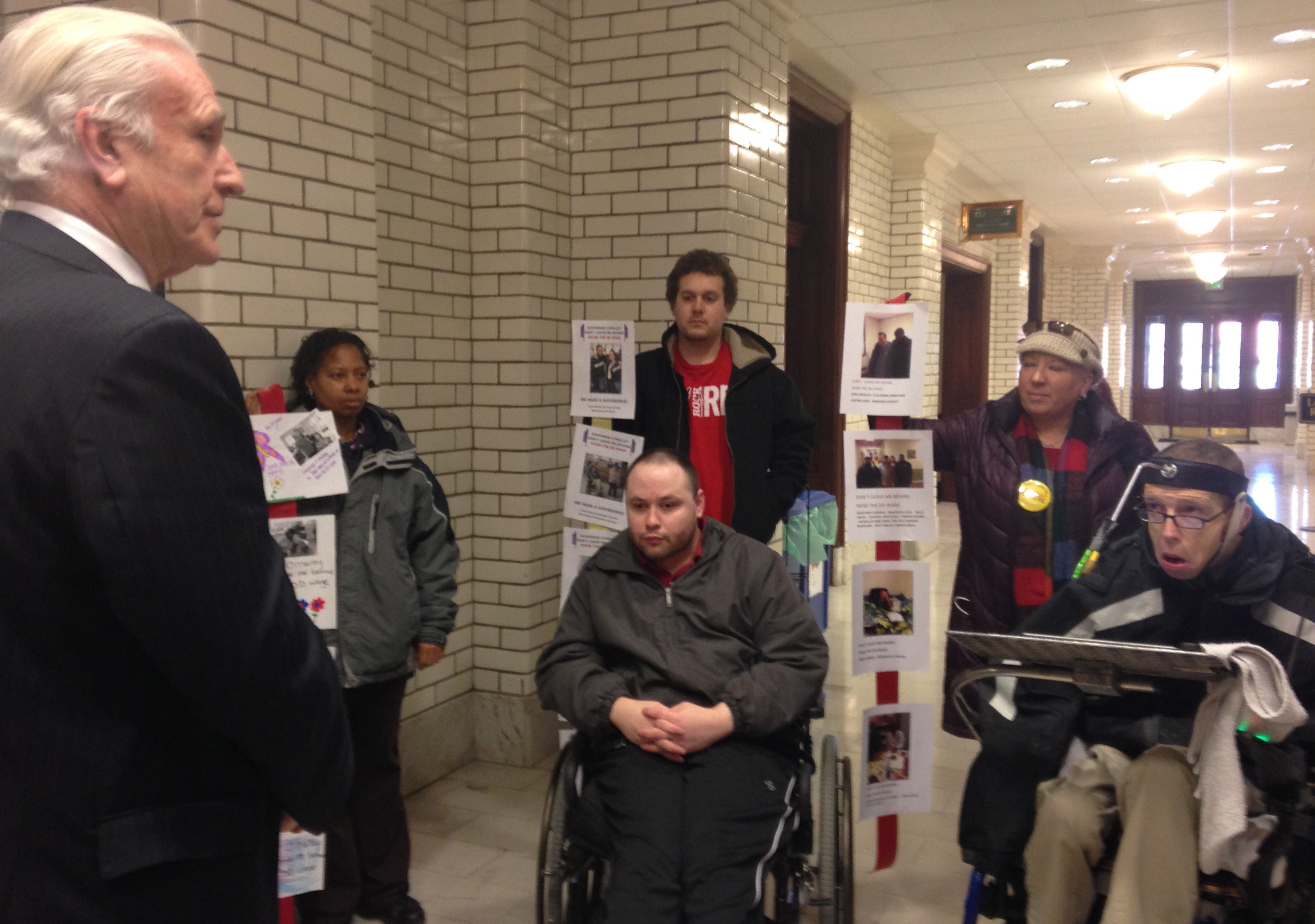It looks like there’s finally a deal between business, labor and legislators on Gov. Martin O’Malley’s proposal to reform the unemployment system, after weeks of negotiations.
Key business groups have agreed to support a plan that expands benefits to some, while cutting payouts for the jobless who are sick, people who have been fired for misconduct and people who have worked very little.
The delicate agreement also cuts interest rates for businesses who make late payments of their unemployment taxes, and allows the state to work out payment plans with employers who can’t pay.
The amended bill would make the state eligible for $127 million in federal funds to stabilize its struggling benefits fund, and appears to have enough backing to move forward. It’s been a rocky path for a bill that at first looked like it could sail through in the opening days of the session, and any significant changes to it could jeopardize the agreement.
To get the federal money, the state has to shorten the amount of time that it takes some workers to receive benefits. Essentially, Maryland has to use a worker’s most recent salary information to calculate benefits, instead of waiting three months. The change would cost about $20 million.
Businesses demanded that the state offset the deal through benefit cuts, and a deal got hammered out over the course of several frustrating weeks in the Senate Finance Committee. The Maryland Chamber of Commerce announced that it supported the deal today.
The bill would:
-Eliminate benefits that workers can collect while they’re unemployed but not looking for work because they are sick.
-Increase the minimum benefit from $25 to $50, which means workers who are eligible only for less than that will get nothing at all. The maximum payout is $410 per week.
-Boost penalties for workers who have been fired for misconduct on the job.
-Lower the amount of part-time income that workers can disregard while they’re looking for full-time work.
The legislation has the support of labor advocates, as well. Though the National Federation of Independent Business opposes it.
It still must formally win the support of the joint committee that oversees unemployment insurance, the Senate Finance Committee, the full Senate, and then get through the House.
But for a bill that was stuck for weeks, this is a big breakthrough.
–Andy Rosen






Recent Comments